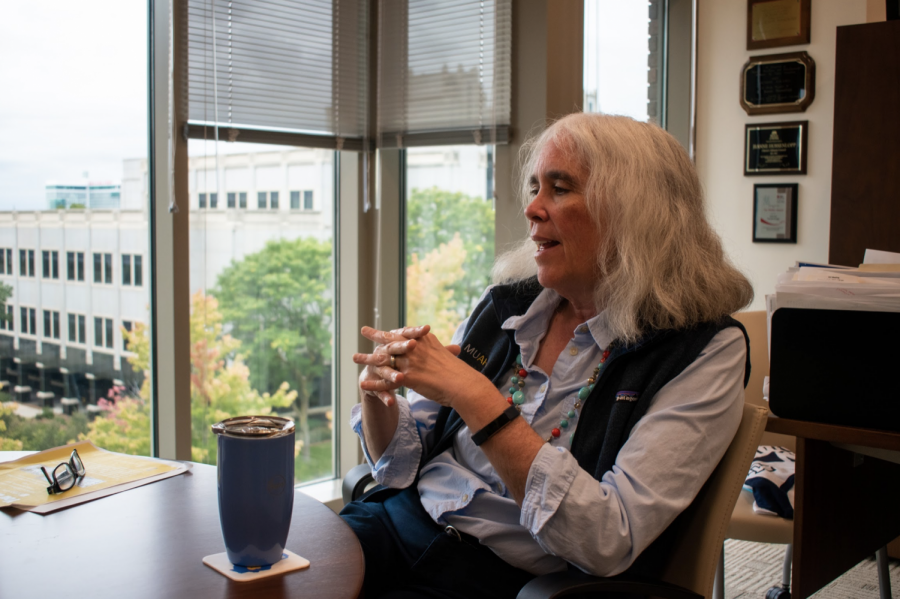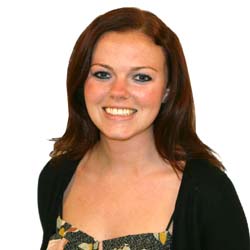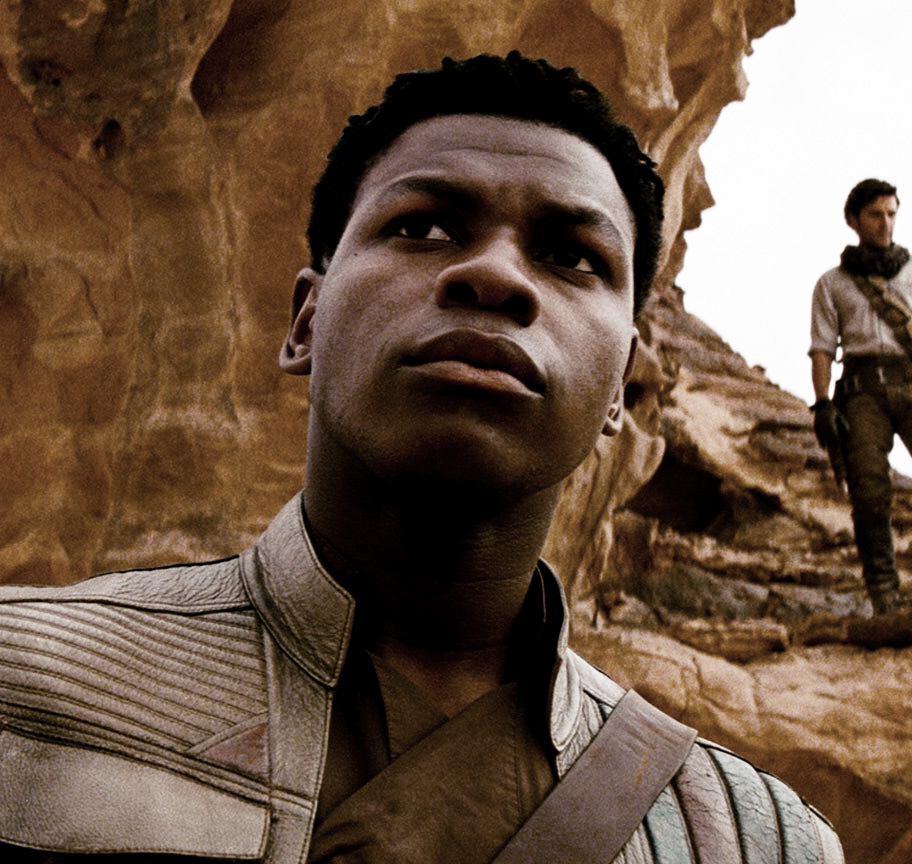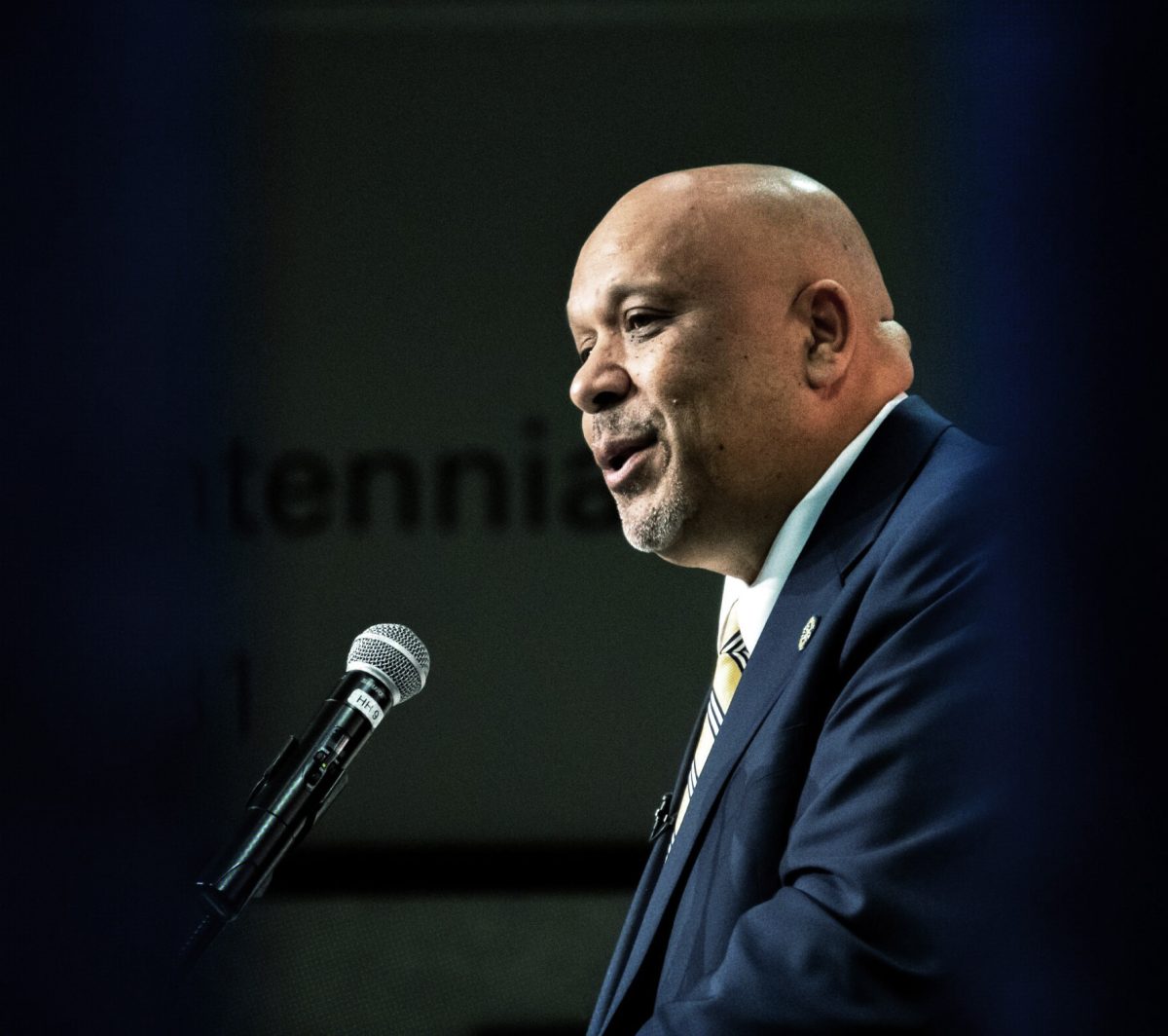A nearly year-long effort from students and the Office of Intercultural Engagement will culminate in Marquette hosting this weekend’s Diversity Conference for the Wisconsin Association of Independent Colleges and Universities. 2014 marks the 10th anniversary of the WAICU Diversity Conference, and Marquette’s second time hosting.
The conference, entitled “Using Our Differences To Make A Difference,” was put together by three student sub-committees starting in October: PR/communications, program planning and hospitality/check-in. Approximately 135 individuals will attend, with 62 coming from other independent universities in Wisconsin.
The conference will feature Paul Fairchild, president and CEO of the Cream City Foundation; Griselda Aldrete, exectuvie director of Hispanic Professionals of Greater Milwaukee; Rahul Dubey, the godson of Satwant Singh Kaleka, the founder of the Sikh Temple of Wisconsin who was killed during a shooting at the temple in 2012; and Christine Hill, executive director of Future Milwaukee as keynote speakers.
Jessica Olvera, a sophomore in the College of Arts & Sciences, is on the planning sub-committee and helped with conference promotion.
“As a Mexican-American student at Marquette, I’m part of a smaller community of students of color,” Olvera said. “Being part of this conference gave me reassurance and has helped me realize there are students and faculty of all backgrounds who want to promote acceptance and embrace diversity – not only at Marquette but on a larger scale as well.”
The sub-committees are overseen by three staff advisers, one of whom is Carla Fullwood, assistant dean for Intercultural Engagement.
“The goal is to offer students the experience to have conversations that engage aspects of diversity and social justice,” Fullwood said. “We hope that whatever participants learn or get out of the conference, they’ll find ways to incorporate it in whatever next role they take on.”
Susannah Bartlow, director of the Gender and Sexuality Resource Center, will run a workshop focused on an intersectional approach to social justice work. In addition, the GSRC’s student outreach coordinator helped to organize the conference.
“I want to give people concrete coaching on how to run inclusive meetings, for example, if you’re the president of Black Student Council, how to run meetings so queer-identifying students feel comfortable and want to be involved,” Bartlow said. “I’m trying to support students to consider multiple-identity intersections when they’re running identity-based organizations.”
Bartlow said her workshop will be in a “skill share” format.
“Everyone in the room will have a different skill to bring to the table,” Bartlow said. “I hope we can draw those skills out and share them with one another.”
For the student planners, the lessons learned from preparing the conference are as important as the event itself.
“This has been an unforgettable experience, after all the meetings, brain-storming and hard work,” Olvera said. “We were able to bring our vision for this conference to life, and for that, I am very grateful. I can only hope that everyone in attendance has just as an amazing time as we did planning it.”
The enthusiasm students have toward the conference signifies their desire to implement change.
“Students are ready to take action,” Fullwood said. “They want to go beyond talking about things and want to know how they can promote diversity and create an inclusive environment.”






